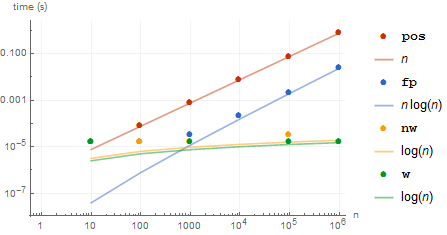Let's say I have the following list:
L = {2,4,6,8,10}
How can I get Mathematica to find the index position of the first value in the list that is over 4 (6 in this case). I tried Position[L, L > 4], but this gave no output. Any help would be appreciated.

